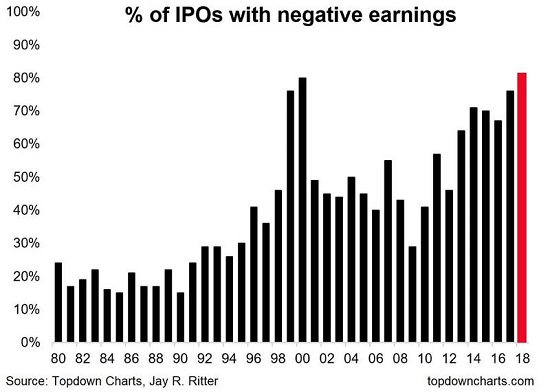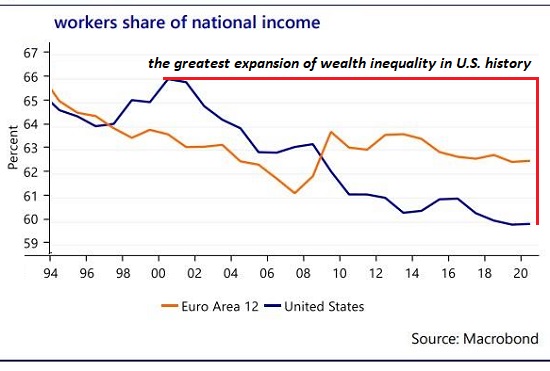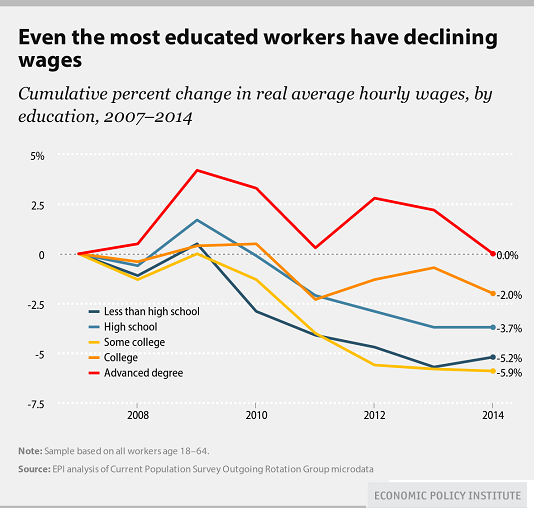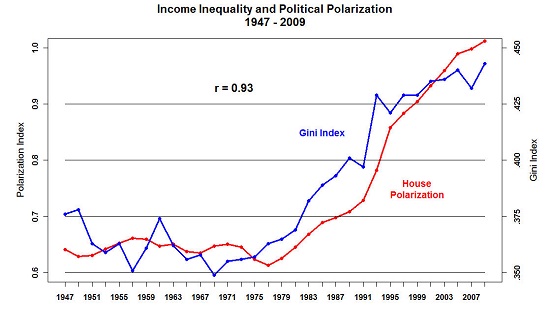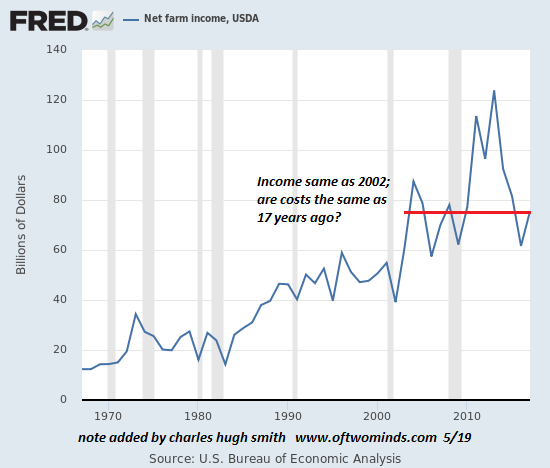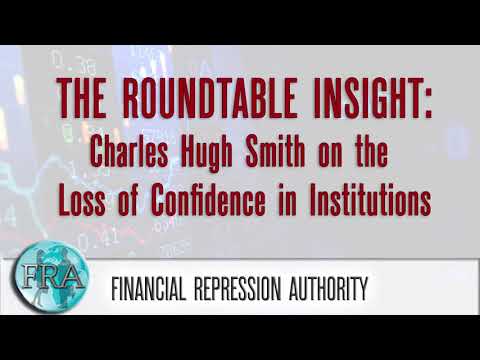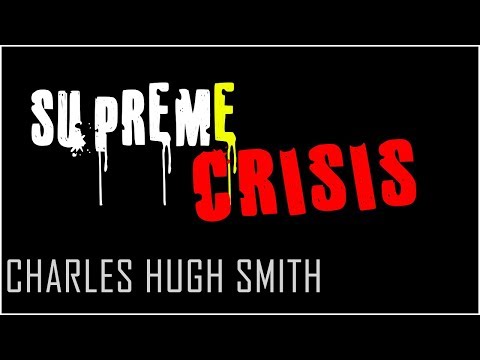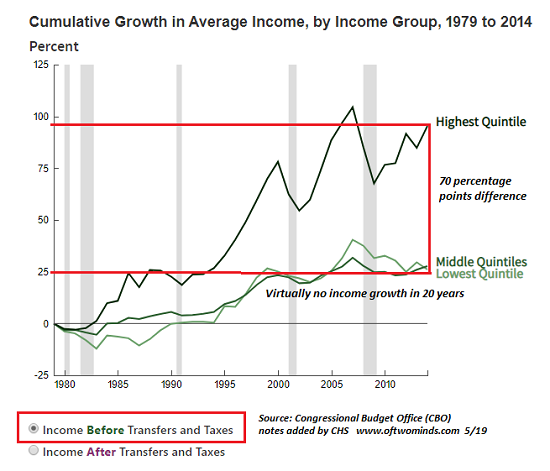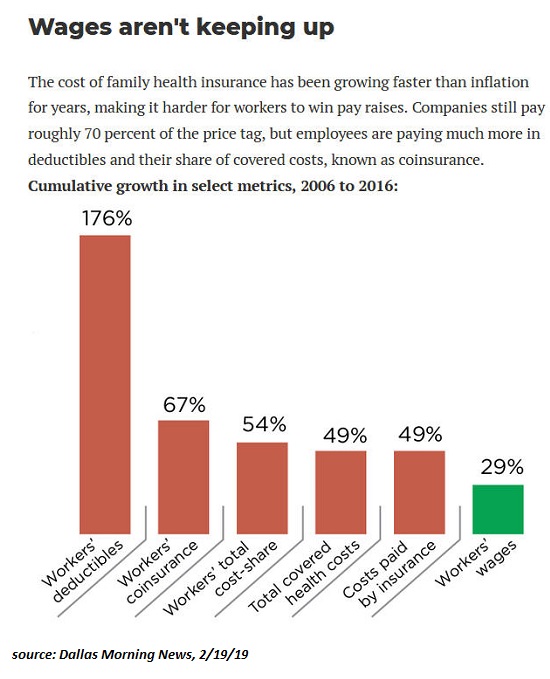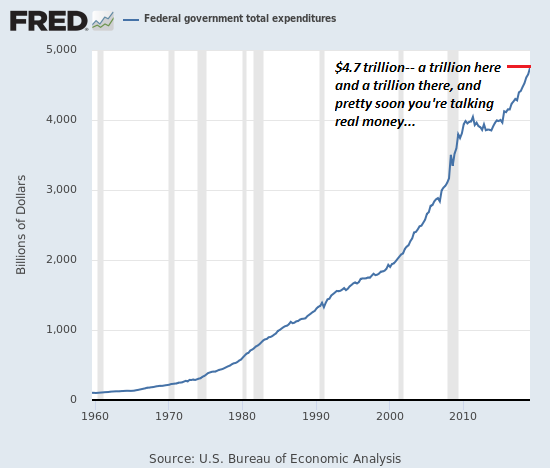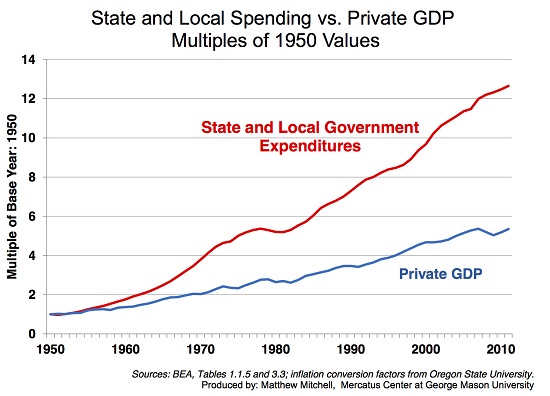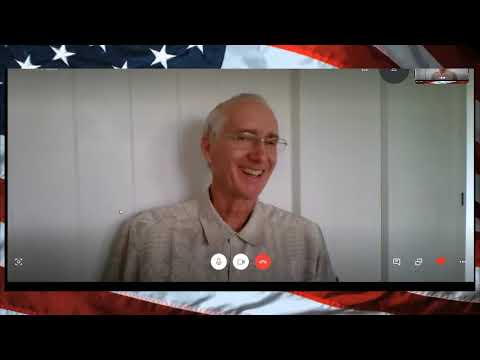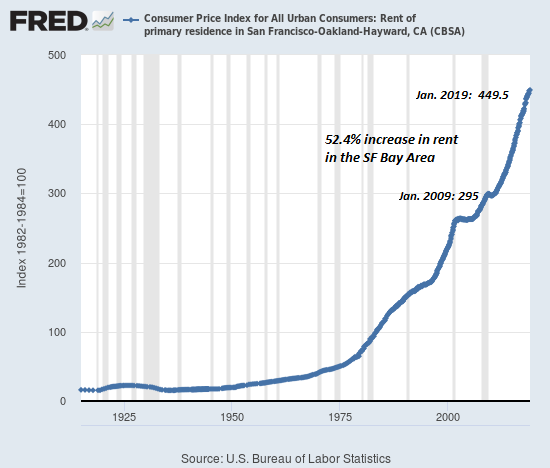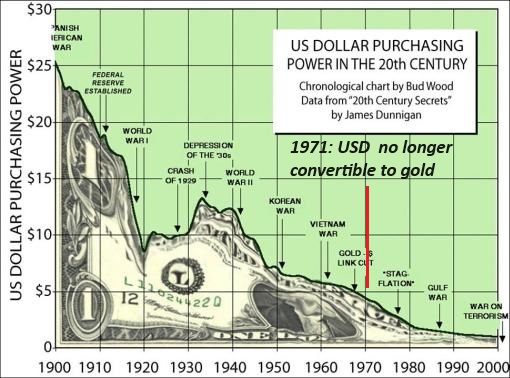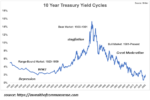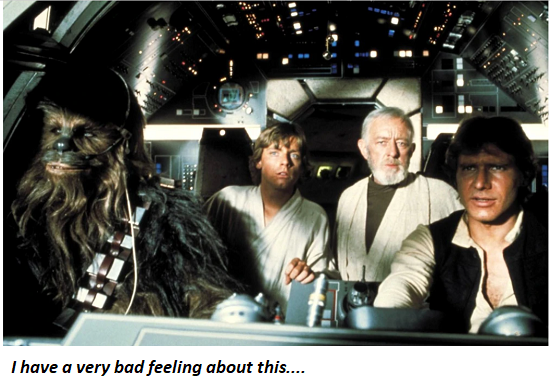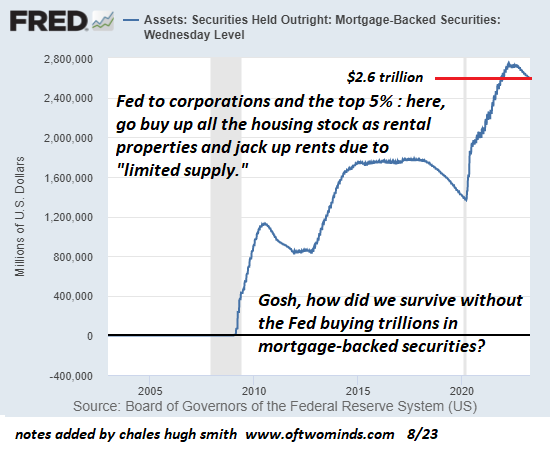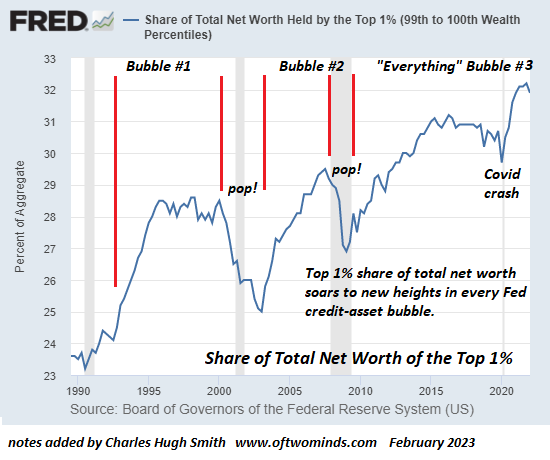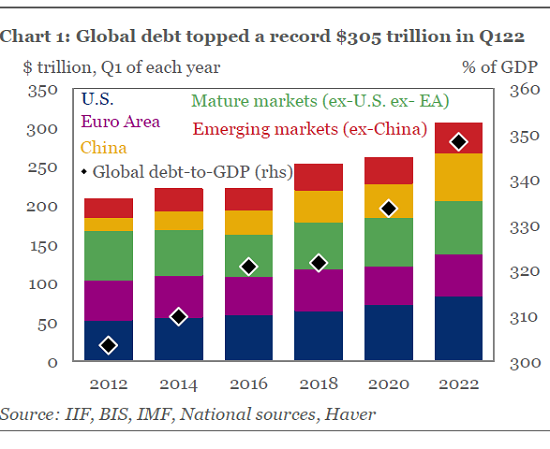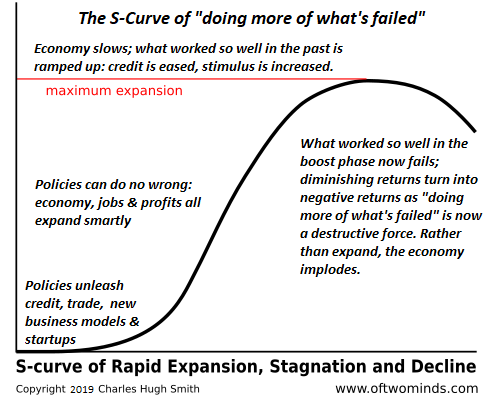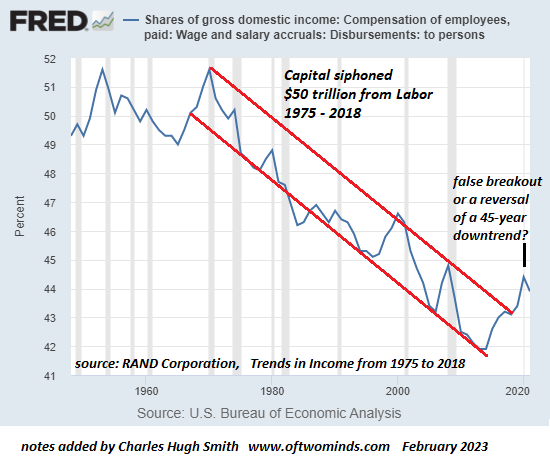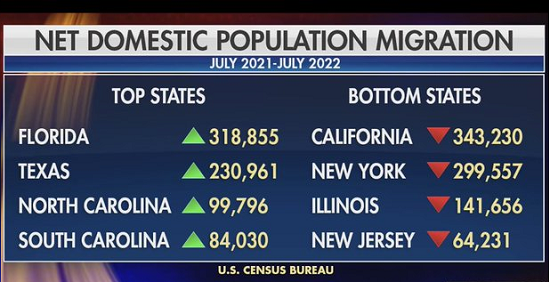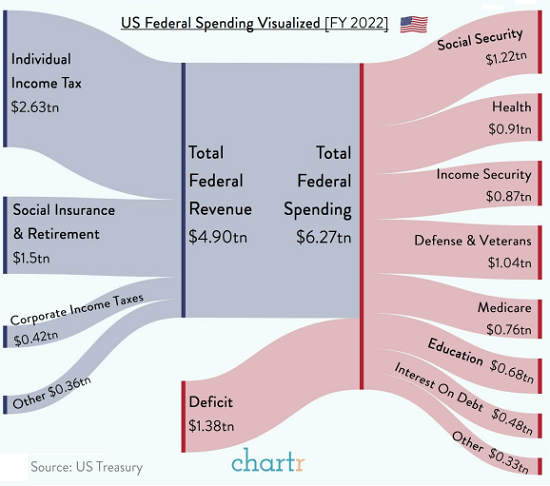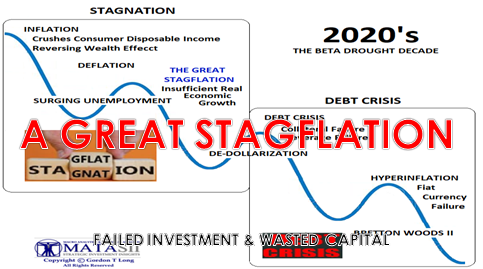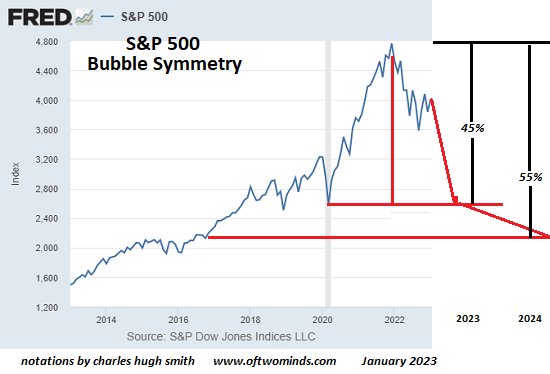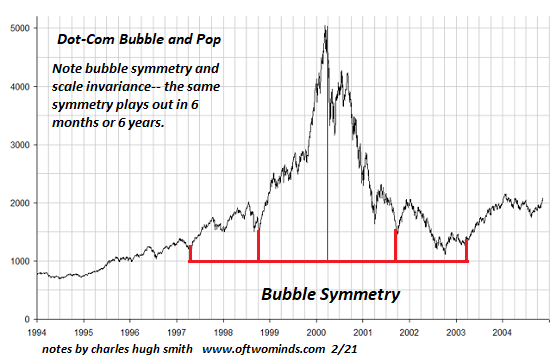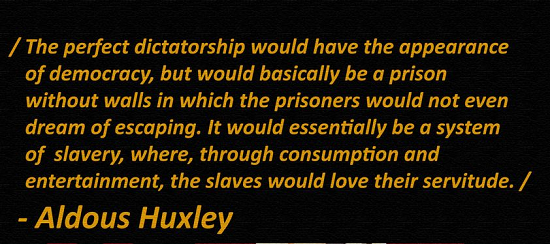Category Archive: 5.) Charles Hugh Smith
The Normalization and Institutionalization of Fraud
Normalizing and institutionalizing fraud undermines the foundations of the economy and the financial system. I am indebted to Manoj Samanta (twitter: @flation_debate) for the insightful concept the commoditization of fraud. The first step in the commoditization of fraud is to normalize fraud as Business as Usual (BAU) to the point that it's no longer viewed as "wrong," destructive or an aberration of evil-doers but as an accepted way to maximize...
Read More »
Read More »
Downward Mobility Matters More Than Liberal-Conservative Labels
The real heresy here is the American economy is now rigged for downward mobility. In the conventional narrative, one's economic class is overshadowed by one's political belief structure: liberal, conservative, libertarian, etc. In terms of economic class, the conventional narrative divides people into their ideological beliefs about economic ideologies: free market capitalism, socialism, etc.
Read More »
Read More »
The Economy Has Fundamentally Changed in the 21st Century–and Not for the Better
The net result is we have an economy that's supposedly expanding smartly while our well-being and financial security are collapsing. Gross Domestic Product (GDP) and other metrics of economic activity don't measure either broad-based prosperity or well-being. Elites skimming financialization profits by expanding corporate debt and issuing more loans to commoners while spending more on their lifestyles boosts GDP quite nicely while the security and...
Read More »
Read More »
Burnout Nation
A number of recent surveys reflect a widespread sense of financial stress and symptoms of poor health in America's workers, particularly the younger generations. There's no real mystery as to the cause of this economic anxiety:
Read More »
Read More »
Unrealistically Great Expectations
Let's see if we can tie together four social dynamics: the elite college admissions scandal, the decline in social mobility, the rising sense of entitlement and the unrealistically 'great expectations' of many Americans. As many have noted, the nation's financial and status rewards are increasingly flowing to the top 5%, what many call a winner-take-all or winner-take-most economy.
Read More »
Read More »
The Great Unraveling Begins: Distraction, Lies, Infighting, Betrayal
There are two basic pathways to systemic collapse: external shocks or internal decay. The two are not mutually exclusive, of course; it can be argued that the most common path is internal decay weakens the empire/state and an external shock pushes the rotted structure off the cliff.
Read More »
Read More »
What Would It Take to Spark a Rural/Small-Town Revival?
There are many historical models in which the spending/investing of wealthy families drives the expansion of local economies. The increase in farm debt while farm income declines is putting unbearable financial pressure on American farmers, who must be differentiated from giant agri-business corporations. This is placing immense pressure on farmers, pressure which manifests in rising suicide rates.
Read More »
Read More »
Charles Hugh Smith on the Loss of Confidence in Institutions
Click here for the full transcript: http://financialrepressionauthority.com/2019/05/06/the-roundtable-insight-charles-hugh-smith-on-the-loss-of-confidence-in-institutions/
Read More »
Read More »
Good Riddance to a “Nothing-Burger” Trade Deal
China has expanded its domestic debt to fund its growth, much of which qualifies as malinvestment, creating financial vulnerabilities its government is anxious to mask. As I noted in Trade Deal Follies: The U.S. Has Embraced the World's Worst Negotiating Tactics (April 8, 2019), the trade deal was a Nothing-Burger for the U.S. Without any consequences for violating trade deals, China violates all trade deals, starting with the WTO.
Read More »
Read More »
CHARLES HUGH SMITH – Expect Some Crisis Like The Supreme Thing
SUBSCRIBE for Latest on FINANCIAL CRISIS / OIL PRICE / PETROL/ GLOBAL ECONOMIC COLLAPSE / DOLLAR COLLAPSE / GOLD / SILVER / BITCOIN / ETHERIUM / CRYPTOCURRENCY / LITECOIN /FINANCIAL CRASH / GLOBAL RESET / NEW WORLD ORDER / ECONOMIC COLLAPSE / DAVOS 2018
Read More »
Read More »
Income Inequality and the Decline of the Middle Class in Two Charts
These two charts of average incomes of U.S. households by quintile (bottom 20%, middle 60% (20%+20%+20%) and top 20%) have both good news and bad news. (Charts are from the non-partisan Congressional Budget Office -- CBO).
Read More »
Read More »
The Accelerating Decay of the Middle Class
Ironically, their ample compensation allows them to avoid the poor-quality services they've designed for everyone below them. If we define middle class by the security of household income and what that income can buy rather than by an income level, what do we conclude?
Read More »
Read More »
The Erosion of Everyday Life
Working hard and doing what you're told is no longer yielding the promised American Dream of security, agency and liberty. Volume One of Fernand Braudel's oft-recommended (by me) trilogy Civilization & Capitalism, 15th to 18th Century is titled The Structures of Everyday Life. The book describes how life slowly became better and freer as the roots of modern capitalism and liberty spread in western Europe, slowly destabilizing and obsoleting the...
Read More »
Read More »
There Are Two Little Problems with “Taxing the Rich” to Pay for “Free Everything”
No super-wealthy individual or household is going to pay billions in additional taxes when $10 to $20 million will purchase political adjustments. The 2020 election cycle has begun, and a popular campaign promise is "free everything" paid for by new taxes on the super-wealthy. Who doesn't like free stuff? Who will vote for whomever offers them free stuff? No wonder it's a popular campaign promise.
Read More »
Read More »
Push Them Hard Enough and the Productive Class Will Opt Out of Servitude
People love their big paychecks, but they also value their sanity. One of the most astonishing manifestations of disconnected-from-reality hubris is public authorities' sublime confidence that employers and entrepreneurs will continue starting and operating enterprises no matter how difficult and costly it becomes to keep the doors open, much less net a profit.
Read More »
Read More »
The Feedback Loop of Doom: When Mobile Creatives and Capital Abandon Unaffordable, Dysfunctional Cities
When the 4% who generate the jobs and tax revenues have had enough and leave, the effects quickly impact the 64%. At the end of any trend, everyone's a true believer: this trend is so enduring, so broad-based, so based on unchanging fundamentals that it will never ever reverse.
Read More »
Read More »
If “Getting Ahead” Depends on Asset Bubbles, It’s Not “Getting Ahead,” It’s Gambling
Given that the economy is now totally and completely dependent on inflating asset bubbles, it makes no sense to invest for the long-term. Beneath the endlessly hyped expansion in gross domestic product (GDP) of the past two decades, the economy has changed dramatically. The American Dream boils down to social and economic mobility, a.k.a. getting ahead through hard work, merit and wise investments in oneself and one's family.
Read More »
Read More »
Charles Hugh Smith – Debt Rising Faster Than Income
Can team Trump keep the economy going until after the 2020 election? Journalist and book author Charles Hugh Smith says, “I think you are pushing a little bit on a string to get a 10 year long expansion to stretch out to 12 years. It’s like you are pushing sand uphill at some point. . … Continue reading »
Read More »
Read More »
How Empires Fall: Moral Decay
There is a name for this institutionalized, commoditized fraud: moral decay. Moral decay is an interesting phenomenon: we spot it easily in our partisan-politics opponents and BAU (business as usual) government/private-sector dealings (are those $3,000 Pentagon hammers now $5,000 each or $10,000 each? It's hard to keep current...), and we're suitably indignant when non-partisan corruption is discovered in supposed meritocracies such as the college...
Read More »
Read More »
America’s Forced Financial Flight: Fleeing Unaffordable and Dysfunctional Cities
The forced flight from unaffordable and dysfunctional urban regions is as yet a trickle, but watch what happens when a recession causes widespread layoffs in high-wage sectors. For hundreds of years, rural poverty has driven people to urban areas: cities offer paying work and abundant opportunities to get ahead, and these financial incentives have transformed the human populace from largely rural to largely urban in the developed world.
Read More »
Read More »









